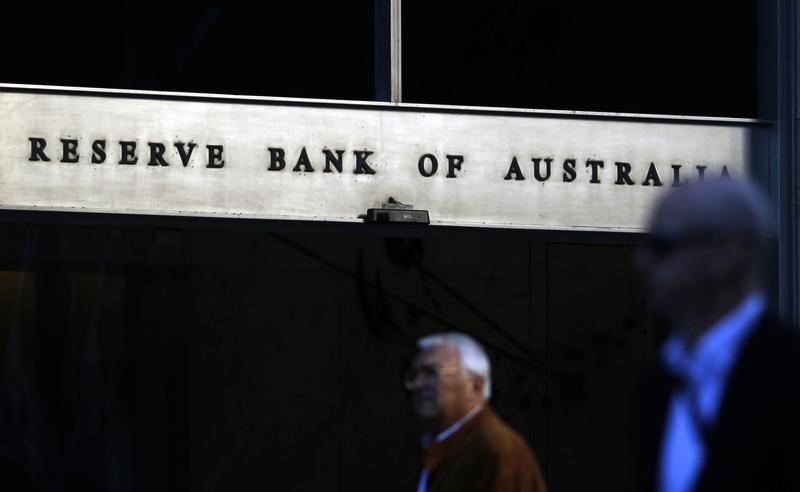SYDNEY, June 21 (Reuters) - Tighter regulations have raised the cost of doing business in Australia's bond markets in recent years, but this was necessary to avoid the build-up of risk and has had little adverse impact on liquidity, a top central banker said on Tuesday.
Fund managers and banks globally have long complained that stricter rules in the wake of the global financial crisis were driving up trading costs and sapping liquidity in bond markets.
Reserve Bank of Australia (RBA) Assistant Governor Guy Debelle said this was a feature and not a bug of the new rules, aimed at avoiding the mispricing of risk.
"Given that liquidity was oversupplied and underpriced in the years prior to the global financial crisis, these changes in liquidity are broadly desirable and, to date, have not presented any significant issues in the Australian market," Debelle told a Reuters-sponsored conference on regulation.
Debelle noted many of the concerns in global markets were over the withdrawal of market-makers due to increased costs. Yet this had not been a major problem in Australia, in large part because so much business was conducted through derivatives where costs were lower and liquidity was much greater.
Turnover in the cash bond market was around A$2.5 trillion in 2015, but that was dwarfed by turnover in Australian dollar interest rate swaps and bond futures which amounted to around A$9 trillion each.
"Overall, the increase in derivative activity has more than offset the decline in bond market activity," said Debelle.
